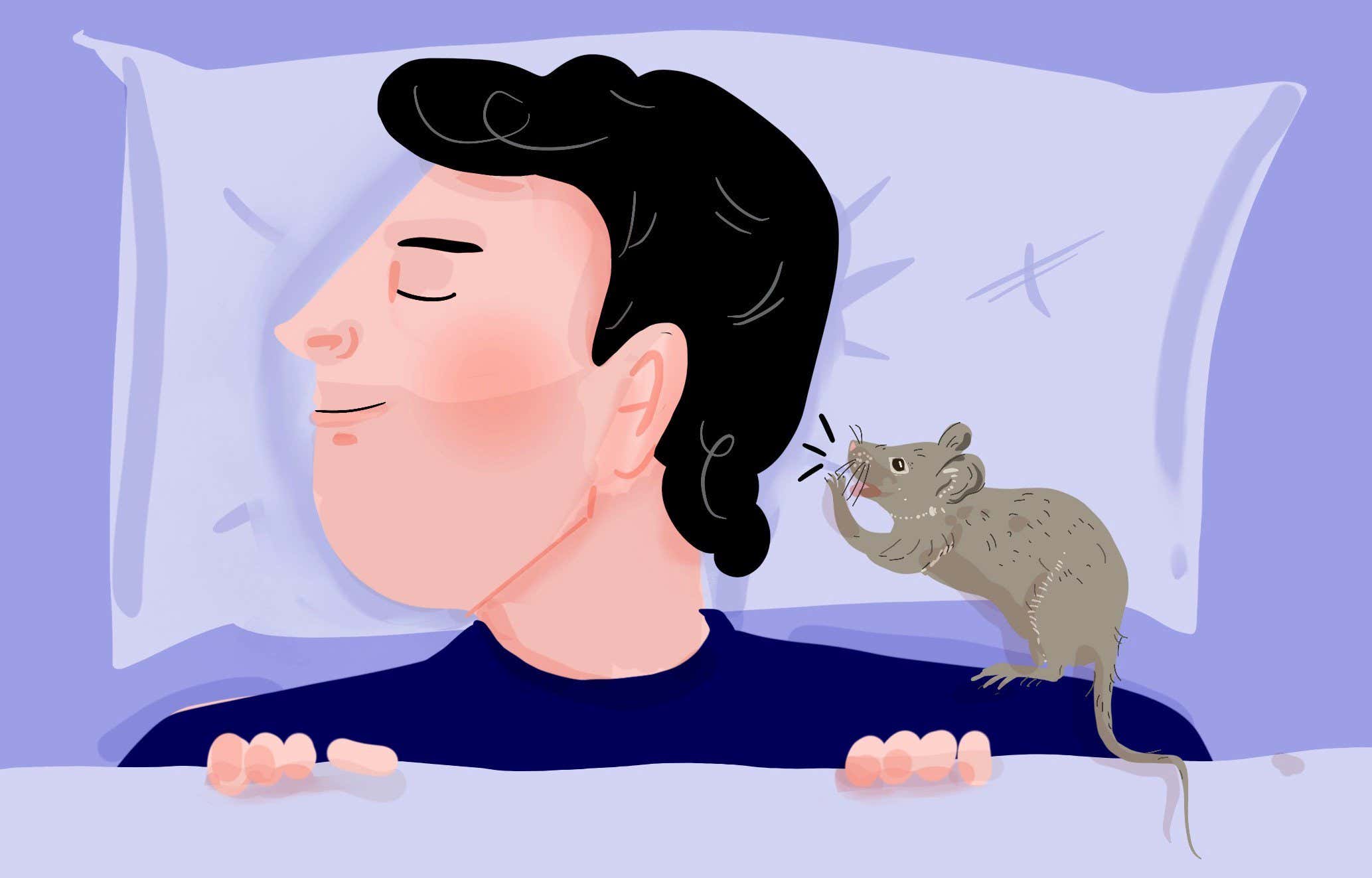Exploring PMS is a great idea, but The Period Brain can be simplistic

The menstrual cycle and other aspects of women’s health have long been understudied
Romy Arroyo Fernandez/NurPhoto via Getty Images
The Period Brain
Sarah Hill Vermilion (UK); Harvest (US)
When I lived with my parents, my mother said she could always tell when my period was approaching: I raided the snack cupboard a little more frequently and became a lot more irritable. I remember all hell breaking loose when she accidentally bought chicken breasts instead of thighs on a night I was supposed to cook.
Such outbursts are typical of premenstrual syndrome, or PMS, a common condition that is the focus of the book The Period Brain: The new science of why we PMS and how to fix it. Author Sarah Hill, who has also written about the effects of birth control on the brain, sets out how readers can ease PMS symptoms, with a particular focus on lifestyle changes.
Women’s health has been neglected by the scientific community for decades, and Hill – who has a PhD in evolutionary psychology and runs a health and relationships lab at Texas Christian University – should be well placed to fill these voids. All too often, though, her arguments fall flat.
At one point, she partly attributes PMS to the fact that women are told to consume roughly 2000 calories a day on average, when research suggests they actually need an additional 140 calories during the luteal phase of their cycle – the time when an egg travels to the uterus before a period, which coincides with when PMS usually occurs. Hill argues that by sticking to these guidelines, we develop cravings and a preoccupation with food, then binge eat, making ourselves feel worse.
At the risk of being anecdotal, I don’t know any women who calorie count to this extent, or any who would deny themselves a 140-calorie snack – less than the amount you get with a handful of crudités with hummus – if that is what they felt their body needed. It seems to me that Hill is vastly oversimplifying the onset of PMS.
And while she certainly references a lot of scientific research, Hill rarely provides details on how many participants were in a given study or how long an intervention was tested for. Sample sizes are particularly important to know, as small ones can miss a lot genetic variation.
The potential influence of genetics on PMS is something Hill merely touches on. While no PMS-related genes have been identified, we know the condition is more common in identical twins than in fraternal twins, which suggests it has a strong genetic component. We are also confident there is a genetic element to other aspects of the menstrual cycle, such as its length and when menopause occurs, so it would come as no surprise if PMS were added to that list.
Hill frequently recommends easing symptoms through poorly tested supplements, getting more sunlight or varying our exercise regimen across the menstrual cycle (and to be fair, there could be something to that last one). But it would be nice if she acknowledged that the debilitating effects experienced by so many could be because of their genetics, rather than a less-than-perfect lifestyle.
One thing I agree with Hill on is the need for more research at different stages of the menstrual cycle to understand how this affects drug metabolism or the body’s response to psychological interventions like therapy. I also agree that it might be easier for us to deal with mood swings if we remind ourselves that they might be a natural response to fluctuating hormones. Perhaps some rationalising by me could have avoided chicken-gate.
I didn’t come away from The Period Brain with any “light bulb” moments on how to ease PMS. But each book published on women’s health represents another step towards reducing the stigma of conditions like PMS and might encourage more research, which, of course, can only be a good thing.
Share this content:




إرسال التعليق